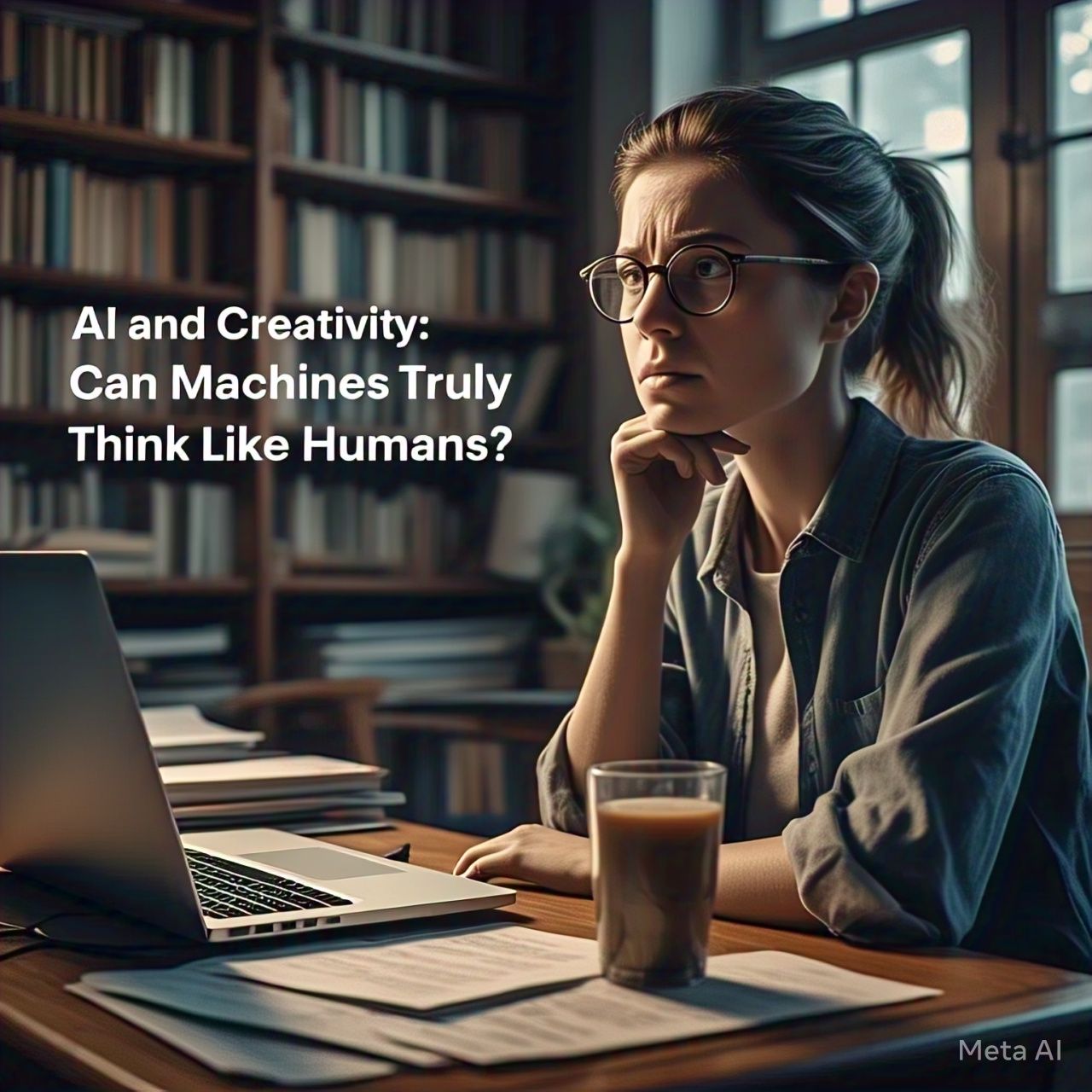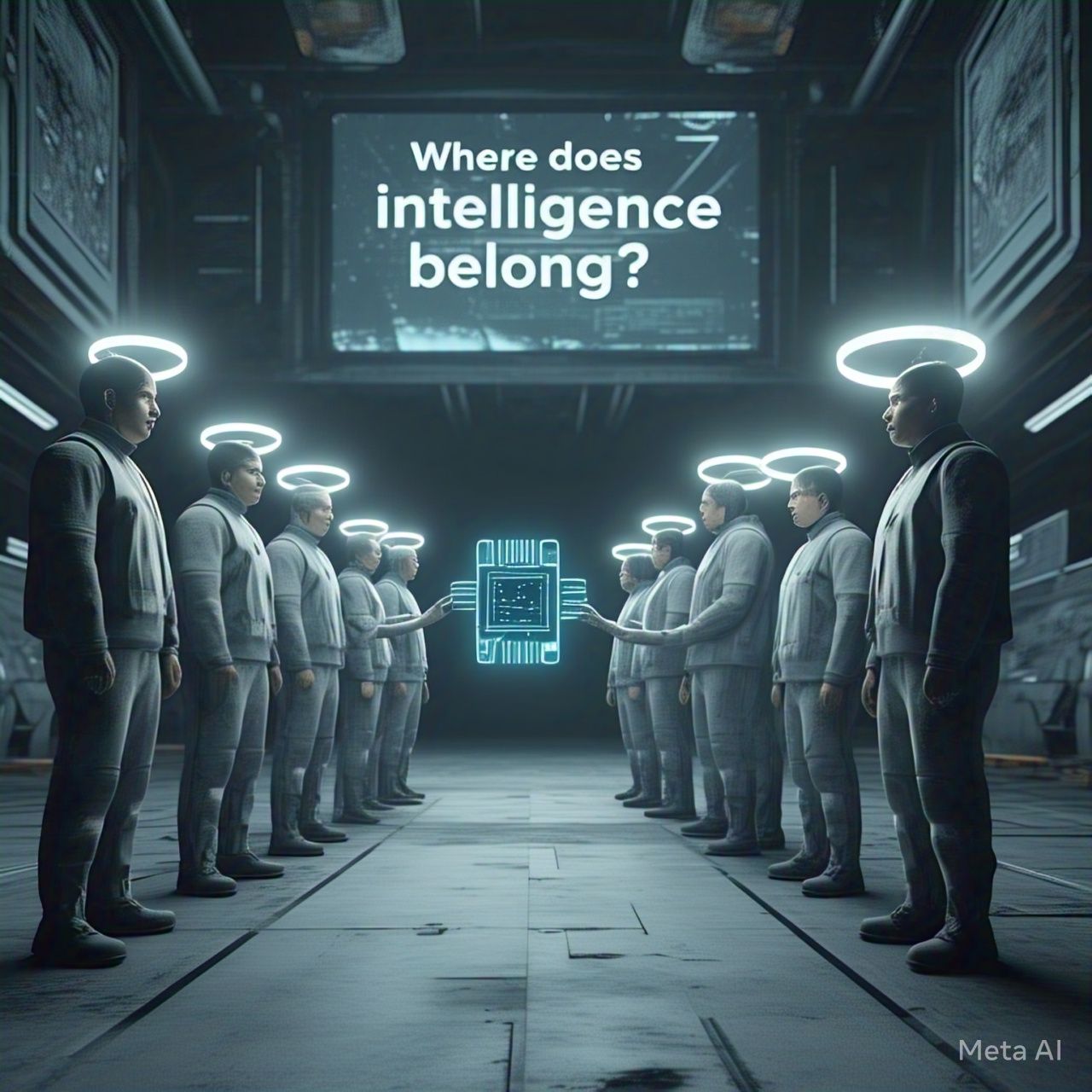Table of Contents
- Introduction
- AI Ethics in Household Technology
- Smart Assistants and Privacy Concerns
- Home Security and Surveillance AI
- Ethical Implications of Smart Devices
- AI Ethics in Military Applications
- Autonomous Weapons and Human Oversight
- The Morality of AI-Driven Warfare
- Cybersecurity and AI in National Defense
- AI Ethics in Medical Applications
- AI in Disease Diagnosis and Treatment
- Bias and Discrimination in Healthcare AI
- Data Privacy in AI Healthcare Systems
- Balancing AI Innovation and Ethical Responsibility
- Future of AI Ethics and Regulations
- FAQs on AI Ethics in Everyday Life
- Conclusion
- References
1. Introduction
Artificial Intelligence (AI) has become an integral part of everyday life, from household appliances to critical military and medical applications. As AI continues to evolve, ethical concerns have become central to its development and deployment. The increasing dependence on AI raises fundamental questions about privacy, security, decision-making authority, and the balance between automation and human judgment.
This article explores the ethical challenges of AI in three key areas: household applications, military uses, and medical advancements. It also discusses ongoing debates, potential solutions, and the future of AI regulations.
2. The Role of AI Ethics in Household Technology
1. Ethical Considerations in Smart Home Devices
AI-driven household devices, such as smart speakers, security cameras, and automated home assistants, have become essential. However, their widespread adoption raises several ethical concerns:
- Data Privacy: Devices like Amazon Alexa and Google Home continuously listen for voice commands. There is concern over how much data is being collected and how it is stored.
- Surveillance and Security Risks: AI-powered security cameras, doorbells, and smart locks offer safety but can also be exploited by hackers, posing security risks.
- Decision Autonomy: As AI-driven devices become more autonomous, ethical dilemmas emerge. Who is responsible when an AI home assistant makes an incorrect decision that affects users’ safety or privacy?
3. AI and Household Decision-Making
- Personalized AI assistants suggest purchases, control home environments, and monitor online activities, which raises concerns about manipulation and overreliance on automation.
- Ethical concerns arise about the ability of AI-driven home assistants to track and store conversations, potentially violating user privacy.
- AI’s role in parental control and content moderation raises concerns about censorship and biased filtering of information for children.
3. AI Ethics in Military Applications
1. Autonomous Weapons and Human Oversight
- AI-powered drones and autonomous weapons can reduce human casualties but raise serious ethical concerns about decision-making in warfare.
- Lack of human accountability in lethal force decisions raises concerns about moral responsibility in conflicts.
- Potential for unintended consequences: AI systems lack human judgment and can misinterpret situations, leading to unnecessary loss of life.
2. AI in Surveillance and Ethical Dilemmas
- Governments use AI for mass surveillance, raising privacy concerns over excessive monitoring.
- Facial recognition systems, while useful for security, can lead to bias, discrimination, and wrongful targeting of individuals.
3. AI-Driven Psychological Warfare
- AI algorithms are increasingly used to spread disinformation through deepfakes, fake news, and targeted propaganda campaigns to manipulate public perception.
- Social media algorithms can be exploited to influence elections, spread misinformation, and shape political opinions.
- Moral and ethical questions arise regarding the extent to which AI should be used in psychological operations during conflicts.
3. AI Ethics in Medical Applications
1. AI in Diagnosis and Treatment
AI is revolutionizing healthcare through faster and more accurate disease detection. However, ethical considerations include:
- Bias in AI models: If trained on biased data, AI might provide inaccurate diagnoses for underrepresented populations.
- Decision Autonomy: Should AI replace human doctors in critical decisions, or should it only serve as a support tool?
- Data Consent and Security: Patients may be unaware of how their data is used, raising concerns about informed consent and protection of sensitive medical records.
2. The Role of AI in Telemedicine
- AI-powered chatbots and virtual assistants are being used for preliminary diagnosis and treatment recommendations.
- Ethical concerns arise when AI misinterprets symptoms or provides incorrect recommendations without proper oversight.
- Data Privacy: AI systems collect and store sensitive health information, raising concerns about unauthorized access and misuse.
6. The Future of AI Ethics in Society
AI technology continues to evolve, prompting discussions on ethical guidelines and regulations. Future considerations include:
- Global AI governance to ensure ethical use in military, healthcare, and households.
- Developing fair and unbiased AI algorithms that minimize racial, gender, or cultural biases.
- Transparency in AI decision-making processes, ensuring explainability and human oversight.
- Strengthening cybersecurity protocols to protect personal and medical data from cyber threats.
FAQs on AI Ethics in Everyday Life
1. Can AI completely replace human customer service in healthcare?
No. AI can augment and improve efficiency, but human judgment and empathy remain essential in healthcare interactions.
2. How does AI impact patient privacy in healthcare?
AI collects and analyzes vast amounts of patient data. Without proper encryption and compliance measures, there is a risk of data breaches and privacy violations.
3. Are AI-powered military applications ethical?
The use of AI in military applications raises serious ethical concerns, including the lack of human oversight and potential civilian casualties.
4. Will AI improve patient safety in hospitals?
Yes. AI can reduce medical errors by assisting doctors with real-time diagnostics, monitoring patients, and alerting healthcare providers about potential risks.
5. What are some AI-powered household applications?
- Smart assistants (Alexa, Google Assistant) for voice-controlled automation.
- Home security systems that use facial recognition and motion sensors.
- AI-based health monitoring tools that track vitals and notify healthcare providers in emergencies.
9. Conclusion
The rise of AI in help mode has the potential to revolutionize healthcare customer service, enhancing efficiency, accessibility, and patient satisfaction. From automated chatbots and virtual assistants to AI-powered medical imaging and predictive analytics, AI is streamlining the healthcare experience.
However, privacy, bias, and ethical concerns must be addressed to ensure AI enhances rather than compromises patient care. With responsible AI implementation and regulatory oversight, the future of AI-driven healthcare services appears promising.




